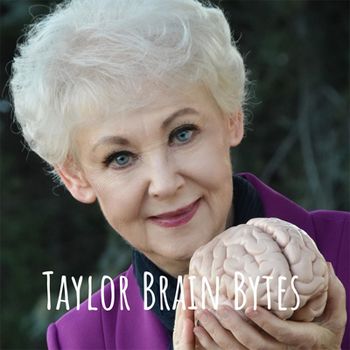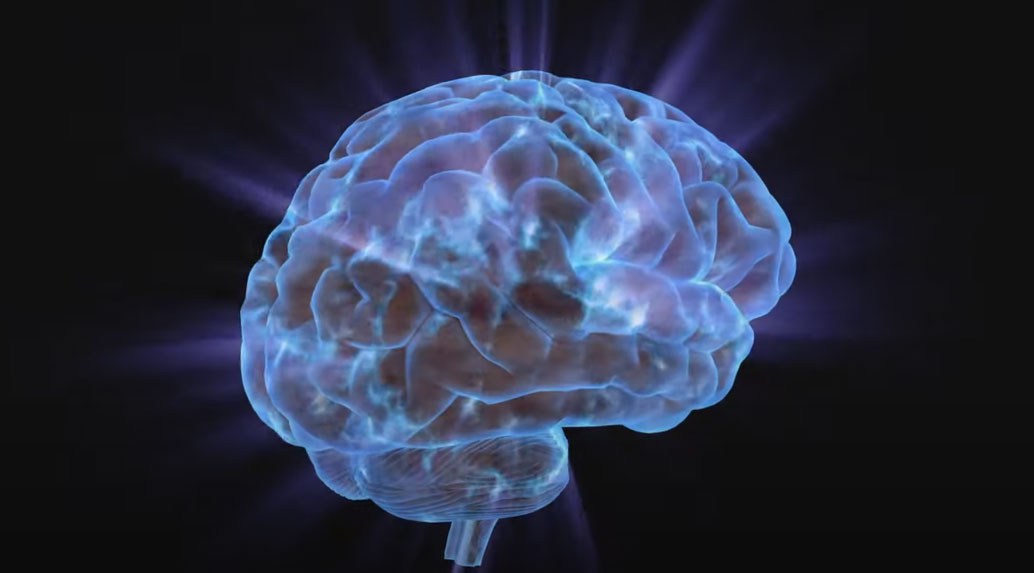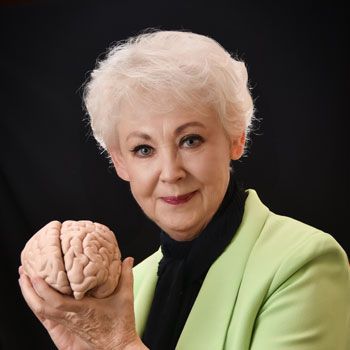Right-brain Learning
Q. My nephew, Rolly, appears to have a right-brain energy advantage and is struggling in school. How do I help a right-brainer learn? Sometimes he seems not to even want to try for fear he won’t look smart. Any ideas?
A. Estimates are that half of brains may be born with an energy advantage in the right hemisphere, although in some parts of this world many, if not most, of those brains will be pushed toward left-brain learning and living. When this doesn’t match their innate brain bent, it can whack their level of self-esteem. Developing some of those skills is a necessary part of living successful in a world that emphasizes left-brain function—learning who you are and understanding that different ways of thinking are valuable (just unlike) is also critical to successful living. I like the book Unicorns Are Real. Look for the principle behind the suggestions and adapt them to your nephew, Rolly, and the situation. Be sure he understands that making mistakes is a normal part of being human. The way you talk to him can make a huge difference. If he has the belief that he must do something perfectly and flawlessly before he moves on, he likely will be handicapped in life and may even move toward behaviors that give him some immediate brain rewards. There are two definitions for the concept of “perfect.” One is “flawless,” the other is “well suited to the task at hand.” Role model “learning from mistakes” (and that is a fast way to learn; the other is to watch people who are successful and analyze what they do and adapt that to your life).
Avoid talking about being “smart” or “talented.” That often makes children afraid to try for fear they won’t look “smart” when trying the next thing. Some choose to underachieve and repeat something easier rather than stretch their brain and try a new way. Say things like:
“Rolly, I can see you worked hard on that.”
“Rolly, the brain likes challenges--it helps it learn how to do things.”
“Rolly, every brain is unique and figures things out in its own way….”
“Rolly, people often look for one specific answer, especially in school. Your brain can figure out that answer. Remember that looking for a different answer, as well, is often the start of inventions and research.”
Talk about yourself. If you make a mistake say, “I just made a mistake. My brain is learning how to do it differently next time….” etc.




